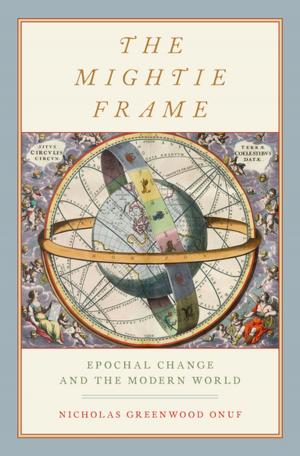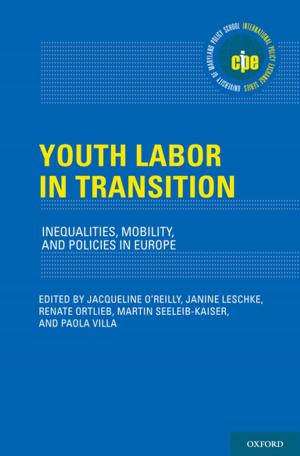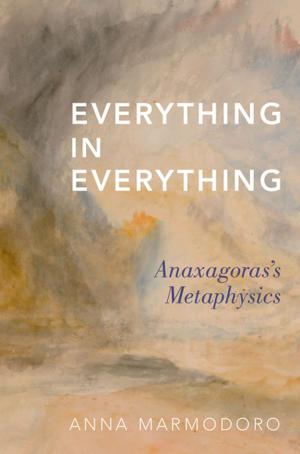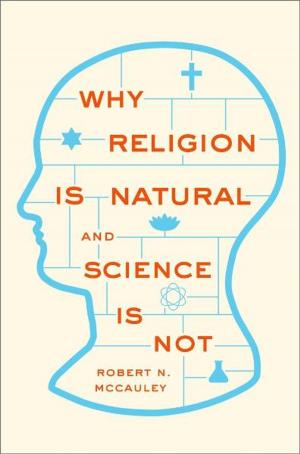Trash Talks
Revelations in the Rubbish
Nonfiction, Social & Cultural Studies, Social Science, Anthropology, Religion & Spirituality, Philosophy, History| Author: | Elizabeth V. Spelman | ISBN: | 9780190239374 |
| Publisher: | Oxford University Press | Publication: | March 31, 2016 |
| Imprint: | Oxford University Press | Language: | English |
| Author: | Elizabeth V. Spelman |
| ISBN: | 9780190239374 |
| Publisher: | Oxford University Press |
| Publication: | March 31, 2016 |
| Imprint: | Oxford University Press |
| Language: | English |
A lively investigation of the intimate connections we maintain with the things we toss away It's hard to think of trash as anything but a growing menace. Our communities face crises over what to do with the mountains of rubbish we produce, the enormous amount of biological waste generated by humans and animals, and the truckloads of electronic equipment judged to be obsolete. All this effluvia poses widespread problems for human health, the well-being of the planet, and the quality of our lives. But though our notorious habits of disposal have put us well on the way to making the earth inhospitable to life, our relation to rejectamenta includes much more than shedding and tossing. In Trash Talks, philosopher Elizabeth V. Spelman explores the extent to which we rely on trash and waste to make sense of our lives. Examples are rich: We use people's rubbish to gain information about them. We trumpet wastefulness as a means of signaling social status. We take the occupation of handling trash and garbage as revelatory of possible moral or spiritual shortcomings. We are intrigued by or in distress over the idea that evolution is a prodigiously wasteful process and that it is to the dustbin that each of us, and our species, shall ultimately repair. In the heaps of our trash, some see consequences of dissatisfaction, while others find confirmation of a flourishing consumer economy. While we may want to shove debris and detritus out of sight, many of our most impassioned projects involve keeping these objects resolutely in mind. Trash talks, and there is much of which it speaks.
A lively investigation of the intimate connections we maintain with the things we toss away It's hard to think of trash as anything but a growing menace. Our communities face crises over what to do with the mountains of rubbish we produce, the enormous amount of biological waste generated by humans and animals, and the truckloads of electronic equipment judged to be obsolete. All this effluvia poses widespread problems for human health, the well-being of the planet, and the quality of our lives. But though our notorious habits of disposal have put us well on the way to making the earth inhospitable to life, our relation to rejectamenta includes much more than shedding and tossing. In Trash Talks, philosopher Elizabeth V. Spelman explores the extent to which we rely on trash and waste to make sense of our lives. Examples are rich: We use people's rubbish to gain information about them. We trumpet wastefulness as a means of signaling social status. We take the occupation of handling trash and garbage as revelatory of possible moral or spiritual shortcomings. We are intrigued by or in distress over the idea that evolution is a prodigiously wasteful process and that it is to the dustbin that each of us, and our species, shall ultimately repair. In the heaps of our trash, some see consequences of dissatisfaction, while others find confirmation of a flourishing consumer economy. While we may want to shove debris and detritus out of sight, many of our most impassioned projects involve keeping these objects resolutely in mind. Trash talks, and there is much of which it speaks.















